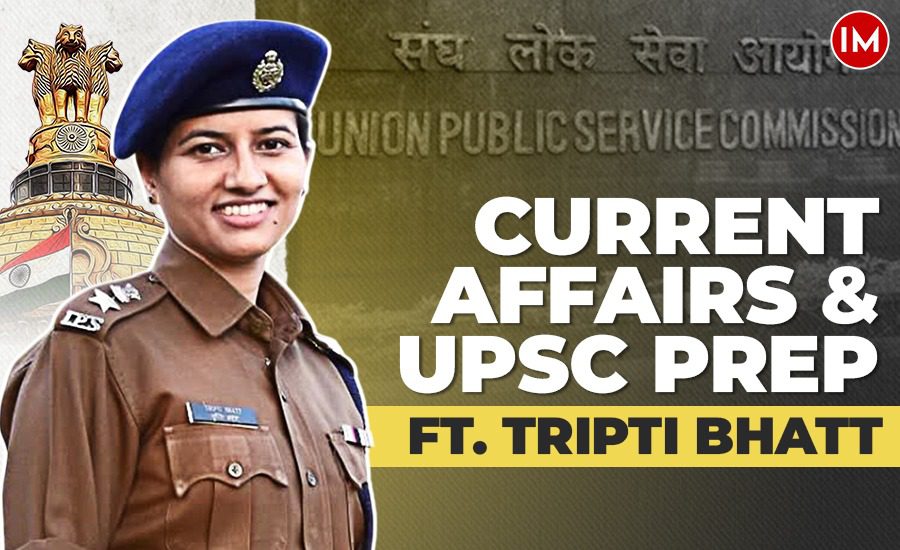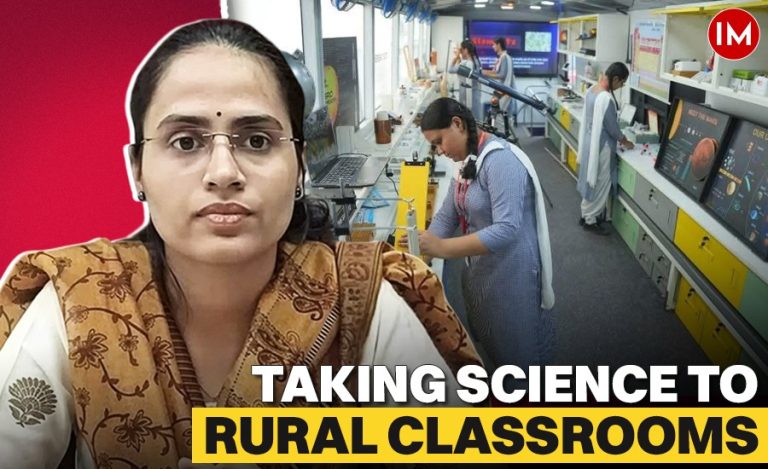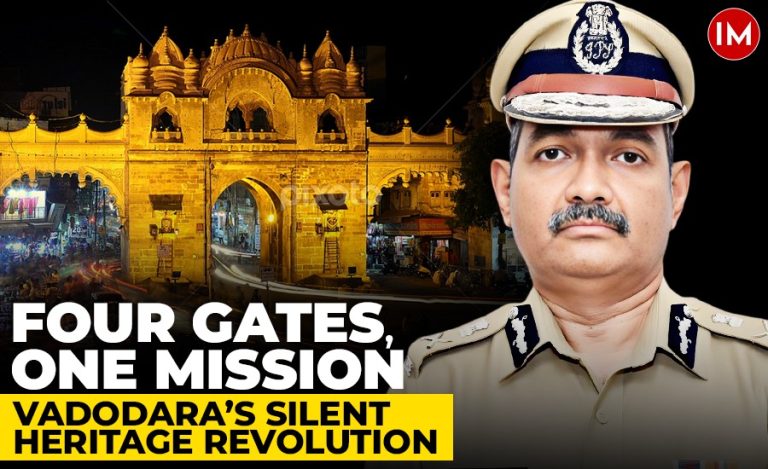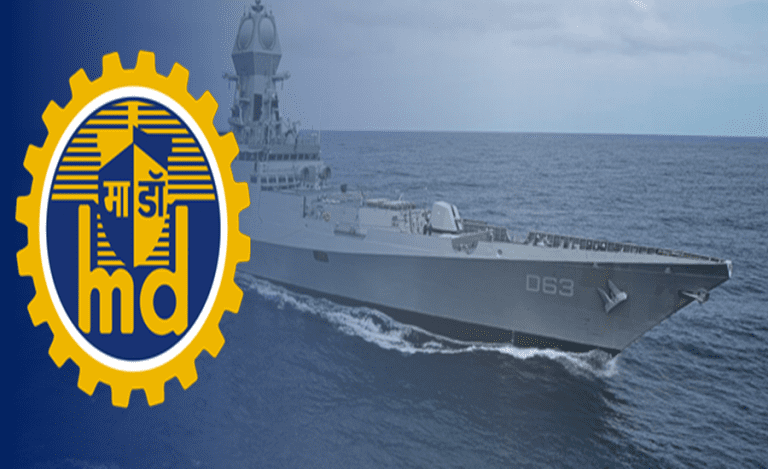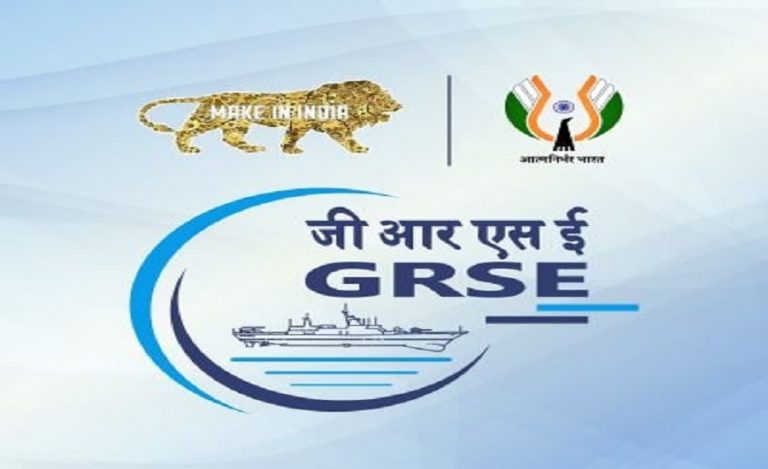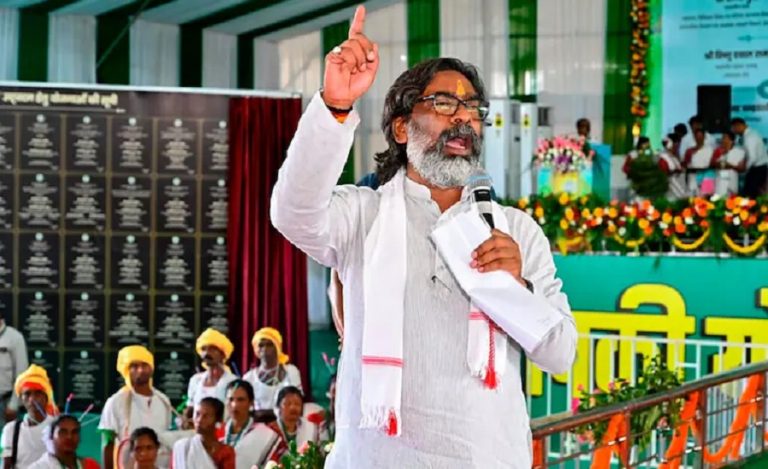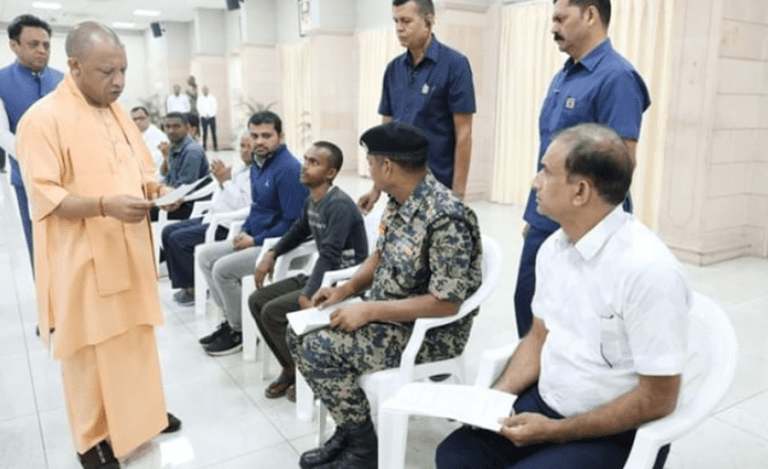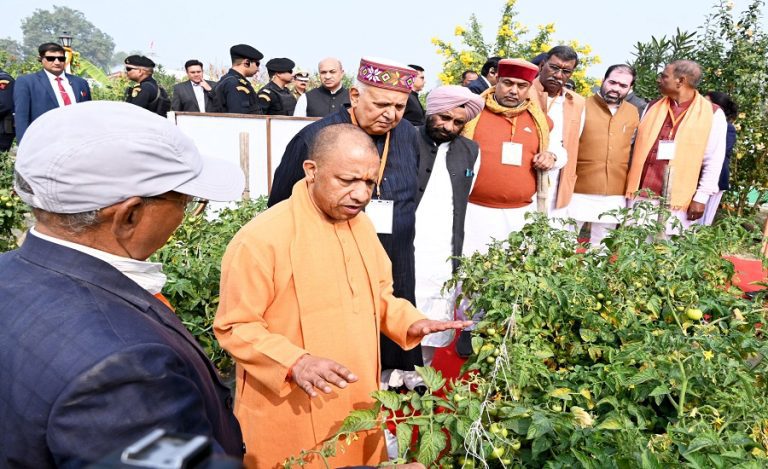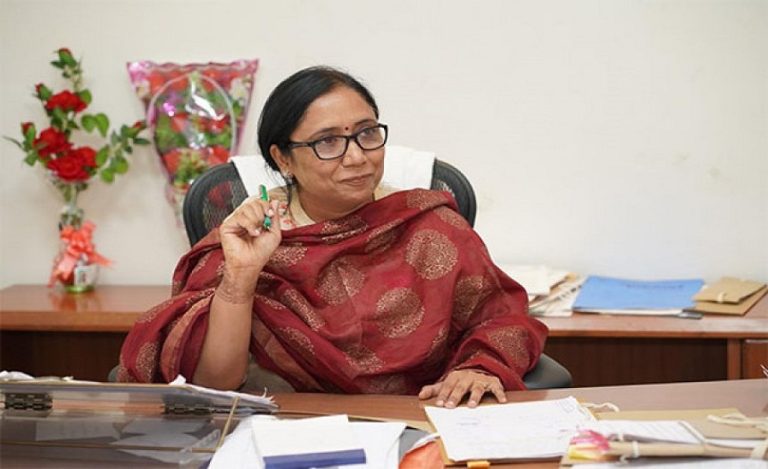In 2010, Tripti Bhatt had a promising future in engineering. With an offer from ISRO to join as Scientist C, a well-paying and prestigious job in one of India’s top institutions, most would have considered it the perfect career path. But she chose to walk away from it. Instead, she pursued civil services, driven by a desire to work directly with people and bring about change at the grassroots level. In 2013, she cleared the UPSC Civil Services Examination in her first attempt, securing an All India rank of 165 and earning a place in the Indian Police Service (IPS). She is currently posted as Commandant in the 40th Battalion PAC in Uttarakhand.
EARLY LIFE AND EDUCATION
Born and raised in Almora, Uttarakhand, Tripti Bhatt grew up in an environment that valued education. She pursued a degree in mechanical engineering from Pantnagar University and excelled academically. Engineering seemed like a natural choice, and she was offered jobs at several reputed organisations, including Tata Motors, NTPC, and Maruti Suzuki. She eventually joined NTPC as an assistant manager but soon realised that her aspirations lay elsewhere.
“I could have been in ISRO working on technology and advancements, but my heart was in public service. I knew I had to do something that would bring immediate change to people’s lives,” she says.
The decision to prepare for UPSC while managing a full-time job was not easy, but she remained focused. Her family and teachers supported her ambitions, reinforcing her belief that she could excel in a field where women were still under-represented.
CHOOSING IPS
Securing a good rank in UPSC gave her multiple service options, but she opted for the IPS. While many associate the civil services with administrative roles in IAS, she was drawn to the dynamic nature of policing. It offered her the opportunity to work on law enforcement, public safety, and community engagement. Her home cadre allocation to Uttarakhand made the journey even more meaningful, as she could serve the people of her own state.
THE RIGOROUS IPS TRAINING
The National Police Academy (NPA) in Hyderabad is known for its demanding training, both physically and academically. IPS officer Tripti Bhatt embraced every challenge, excelling in various outdoor activities. She voluntarily completed a 42-kilometre cross-country marathon, demonstrating her commitment to physical fitness, an essential aspect of police service.
Apart from physical endurance, IPS training involves learning about law, criminal procedure, forensic science, and administration. She immersed herself in the curriculum, understanding that these skills would be crucial in handling real-world law enforcement challenges.
CURRENT AFFAIRS IN UPSC PREPARATION
A crucial aspect of preparing for the UPSC Civil Services Examination is keeping up with current affairs, which Tripti emphasises in her advice to aspirants. “Current affairs are not just a separate subject; they are an integral part of all papers,” she said. For aspirants, this means that understanding contemporary events and incorporating them into their responses is key to scoring well, particularly in general studies.
Tripti recommends that aspirants should approach current affairs holistically. They should not treat them as an isolated subject but rather as something that is woven into various sections of the syllabus. “Current affairs play a crucial role in preparation. They enrich your answers and add relevance to them,” she advises. By doing so, candidates can make their answers more impactful, especially in sections like ethics, where real-life case studies from recent events can enhance the quality of the response.
HOW TO PREPARE FOR CURRENT AFFAIRS
For aspirants overwhelmed by the abundance of information available in the market, Tripti offers practical advice. “Focus on quality over quantity. Relying on multiple sources is necessary, but you should make your own notes,” she suggests. This strategy helps with retention and ensures that aspirants have access to concise, personalised study material. She herself created her own notes during preparation, which played a major role in her success.
She also advises candidates to read newspapers, magazines, and editorials thoroughly. While compilations from reputed sources can be useful, it is essential to focus on understanding the context and the broader impact of the events. Tripti points out that it is the analytical aspects of current events that matter most in the UPSC exams, not just factual information.
“Aspirants often struggle with prelims due to incomplete knowledge,” she warns. “Overconfidence in half-baked information leads to negative marking, which can be avoided by thorough preparation.”
GENDER EQUALITY AND SUPPORT FOR WOMEN IN CIVIL SERVICES
Tripti’s story also highlights the importance of gender equality in civil services. In a state like Uttarakhand, often perceived as conservative, Tripti broke stereotypes and proved that civil services are not just for men. Her experience reflects the importance of support from family and mentors, which can provide a level playing field for both men and women aspiring to join the civil services.
“I was lucky to receive complete support from my family and teachers. At no point during my preparation did I feel that being a woman was a disadvantage,” Tripti shared.
HANDLING THE RESPONSIBILITIES OF AN IPS OFFICER
As an IPS officer, she has dealt with crime prevention, disaster management, and maintaining law and order in challenging situations. The role requires making quick, well-informed decisions, often in high-pressure environments.
One of the most fulfilling aspects of her work has been the ability to make a tangible difference in people’s lives. Law enforcement is not just about maintaining order—it also involves working closely with communities, addressing social issues, and implementing policies that improve security and public trust.
Tripti Bhatt’s journey—from rejecting an ISRO job to becoming an IPS officer—serves as an inspiration for many. Her story underscores the idea that career choices should align with personal aspirations rather than societal expectations.
Through her work, she continues to impact lives, proving that success is not just about securing a position but about using it to create meaningful change.

